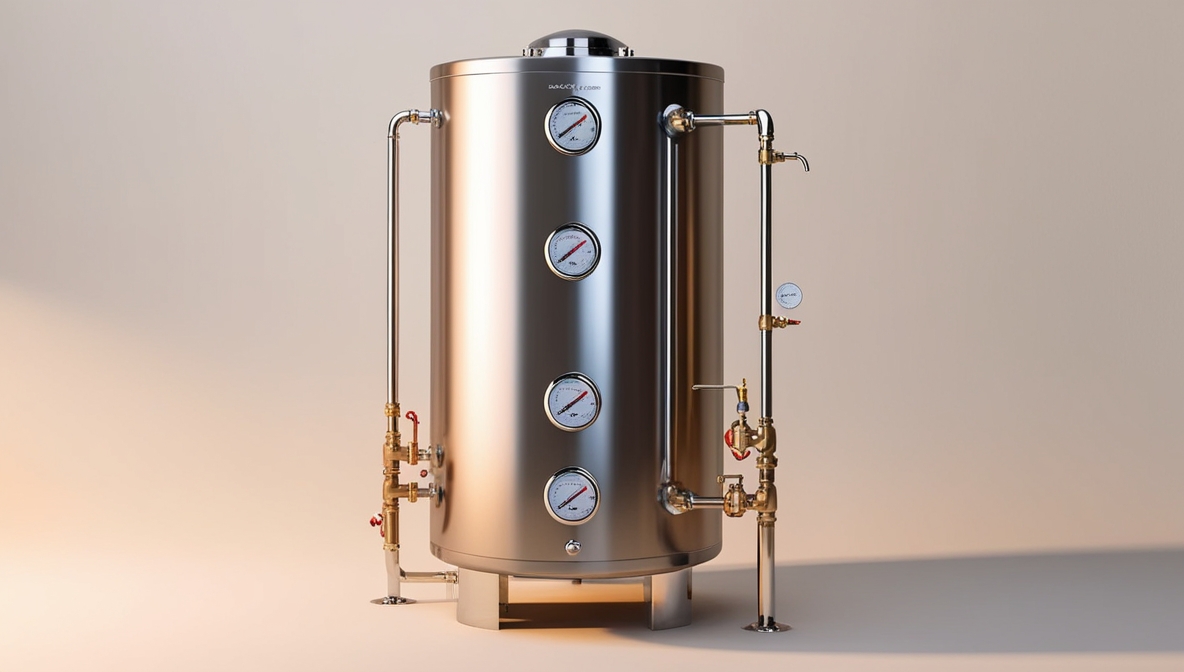Functioning water heater is essential for comfort in any home. When your water heater starts malfunctioning, knowing how to address the issue can save you time, money, and stress. Whether it’s a minor repair, a complete replacement, or dealing with. This guide covers all aspects of water heater repair to help you make informed decisions.
Read about Sump Pumps here!
Common Water Heater Issues
Water heaters can develop a range of problems over time. Here are some of the most common issues:
- No Hot Water
This could be due to a malfunctioning heating element, thermostat issues, or power supply problems. - Water Heater Leakage
Leakage can occur due to a corroded tank, loose connections, or a faulty pressure relief valve. - Inconsistent Water Temperature
Fluctuating water temperatures often indicate issues with the thermostat or sediment buildup in the tank. - Strange Noises
Rumbling or banging noises may signal sediment accumulation or a failing heating element. - Low Hot Water Supply
If your water heater cannot meet your household’s demands, it might be time for a hot water heater replacement.
Hot Water Heater Repair
For minor issues, hot water heater repair may be a cost-effective solution.
- Checking the Thermostat
Ensure the thermostat is set to the correct temperature, typically between 120°F and 140°F. - Flushing the Tank
Sediment buildup can reduce efficiency. Flushing the tank regularly helps prevent this issue and extends the water heater’s lifespan. - Replacing Heating Elements
If the water heater isn’t producing hot water, the heating elements may need replacement. This is a relatively simple repair for electric water heaters. - Tightening Loose Connections
Inspect and tighten loose fittings to address minor water heater leakage issues.
When to Consider Hot Water Heater Replacement
While repairs can address many problems, there are situations where replacing the unit is the best option.
- Age of the Unit
Most water heaters have a lifespan of 8-12 years. If your unit is older and frequently needs repairs, it’s time to consider a replacement water heater. - Frequent Repairs
If repair costs are adding up, replacing the water heater can be more economical in the long run. - Reduced Efficiency
Older water heaters are less energy-efficient. A new model can lower your energy bills and provide consistent performance. - Extensive Corrosion
Corroded tanks are irreparable and require immediate replacement to prevent leaks and potential water damage.
Water Heater Replacement Costs
The cost of replacing a water heater depends on several factors, including the type of unit and installation fees.
- Types of Water Heaters
- Tank Water Heaters: These are typically less expensive but have higher energy consumption.
- Tankless Water Heaters: Although more expensive upfront, they are energy-efficient and provide endless hot water.
- Cost Breakdown
- Unit Cost: Standard tank models range from $300 to $1,000, while tankless models can cost $800 to $2,500.
- Installation Fees: Professional installation by hot water installers usually costs between $500 and $1,500.
- Additional Expenses
Factors like permits, plumbing modifications, and disposal of the old unit may add to the total cost.
Benefits of Professional Hot Water Installers
While DIY repairs and installations may seem cost-effective, hiring professional hot water installers ensures:
- Proper Installation
Incorrect installation can lead to inefficiency, water heater leakage, or even damage to your home. - Compliance with Local Codes
Professionals are familiar with building codes and ensure that your water heater meets all regulations. - Warranty Protection
Many water heater manufacturers require professional installation to maintain the warranty. - Safety Assurance
Experts handle gas, electrical, and plumbing connections safely, reducing the risk of accidents.
Preventive Maintenance for Water Heaters
To avoid frequent repairs and extend the lifespan of your water heater, regular maintenance is essential.
- Flush the Tank Annually
Remove sediment buildup to improve efficiency and prevent corrosion. - Inspect the Anode Rod
The anode rod prevents tank corrosion. Replace it every 3-5 years, depending on the water quality. - Check for Leaks
Periodically inspect the tank and connections for signs of water heater leakage. - Test the Pressure Relief Valve
Ensure the valve is functioning correctly to prevent pressure buildup inside the tank. - Adjust the Thermostat
Keep the thermostat at an optimal temperature to avoid overheating and reduce energy consumption.
Signs You Need Immediate Water Heater Repair
If you notice any of the following signs, call a professional plumber immediately:
- Significant water heater leakage or flooding.
- Water discoloration, which may indicate rust or sediment in the tank.
- Persistent strange noises despite flushing the tank.
- A sudden spike in energy bills.
Conclusion
Water heater repair and maintenance are crucial for ensuring consistent hot water and energy efficiency in your home. While minor issues like a malfunctioning thermostat or sediment buildup can often be fixed, a replacement water heater is the best option for older or severely damaged units. By practicing regular maintenance and addressing problems promptly, you can extend your water heater’s lifespan and enjoy reliable hot water.
